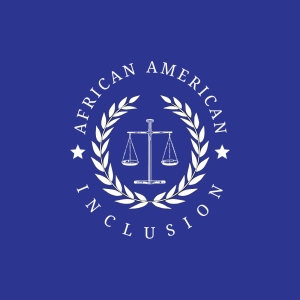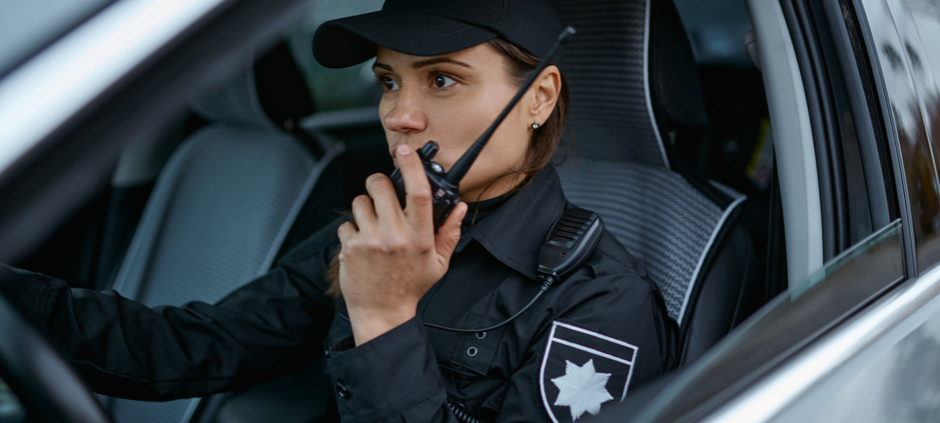Women in Law Enforcement
Law enforcement is a vital profession in our society, responsible for maintaining law and order, protecting citizens, and preventing crime. Unfortunately, women have been historically underrepresented in law enforcement, with only a small percentage of the total workforce made up of women. This is a problem that needs to be addressed.
According to a report by the Bureau of Justice Statistics, as of 2016, only 12.7% of full-time sworn law enforcement officers in the United States were women. This is a relatively low percentage, considering the significant role law enforcement plays in society. It is essential to increase this percentage to ensure that law enforcement is representative of the diverse communities it serves.
African American Women in Law Enforcement
African American women are particularly underrepresented in law enforcement. According to the same report by the Bureau of Justice Statistics, only 3.4% of full-time sworn law enforcement officers were African American women. This is a concerning statistic, as it means that the experiences and perspectives of African American women are not adequately represented in law enforcement
Having more women officers in law enforcement can bring several benefits to the profession and society as a whole. Here are some additional reasons why women officers are needed:
- Women officers are less likely to use excessive force: Studies have shown that women officers are less likely to use excessive force than their male counterparts. Women officers tend to use communication and de-escalation techniques to resolve conflicts, which can lead to better outcomes and fewer use-of-force incidents.
- Women officers are skilled at addressing violence against women and sex crimes: Women officers bring a unique perspective to the job and are often better equipped to address violence against women and sex crimes. Women victims of crime may feel more comfortable and supported by female officers, which can lead to more successful investigations and prosecutions.
- Women officers may help improve police-community relations: Having more women officers in law enforcement can help improve police-community relations. Women officers may be more approachable and relatable to members of the community, particularly women and children. This can help build trust between law enforcement and the community, which is essential for effective policing.
- Women officers have superior problem-solving skills: Studies have shown that women officers have superior problem-solving skills than their male counterparts. Women officers tend to be more collaborative and empathetic, which can lead to more effective problem-solving in complex situations.
Women being underrepresented in police work can be attributed to several factors. These include:
- Women are not applying: One reason why women may be underrepresented in law enforcement is that they are not applying for police positions. This may be due to a lack of interest or awareness of the opportunities available in law enforcement.
- Women are not being hired: Even when women do apply for police positions, they may face barriers to employment. Bias and discrimination during the hiring process can make it difficult for women to be selected for law enforcement positions.
- Women are not remaining in police positions: Once women are hired, they may face additional barriers to retention. Gender bias and discrimination can make it difficult for women to advance in their careers or to feel supported and valued by their colleagues.
- Physical demands of the job: Some women may find the physical demands of law enforcement work to be challenging, which can make it difficult for them to remain in police positions.
- Hostile work environment: Women may also experience a hostile work environment in law enforcement, which can create a challenging and unpleasant work environment. This can make it difficult for women to remain in law enforcement positions long-term.
Challenges Faced by Women in Law Enforcement
Women in law enforcement face several challenges that their male counterparts may not experience. One of the most significant challenges is gender bias and discrimination. Female officers may be subject to stereotypes and biases from their colleagues and the community they serve, which can affect their job performance and career advancement opportunities. Additionally, female officers may face harassment and inappropriate behavior from their colleagues, which can create a hostile work environment.
Why Women Leave Law Enforcement
Many women who enter law enforcement leave the profession prematurely. One of the main reasons for this is the lack of support and opportunities for career advancement. Female officers may feel isolated and unsupported by their male colleagues, which can lead to feelings of burnout and frustration. Additionally, many female officers report that they do not receive the same opportunities for career advancement as their male counterparts.
We need more women, especially African American women, in law enforcement. Increasing the representation of women in law enforcement can bring many benefits, such as increased diversity, improved community relations, and better outcomes for victims of crime. However, to achieve this goal, we need to address the underlying reasons why women are underrepresented in law enforcement and work to create a more supportive and inclusive work environment for female officers. It is time for law enforcement agencies to take action to ensure that the profession reflects the communities it serves.



